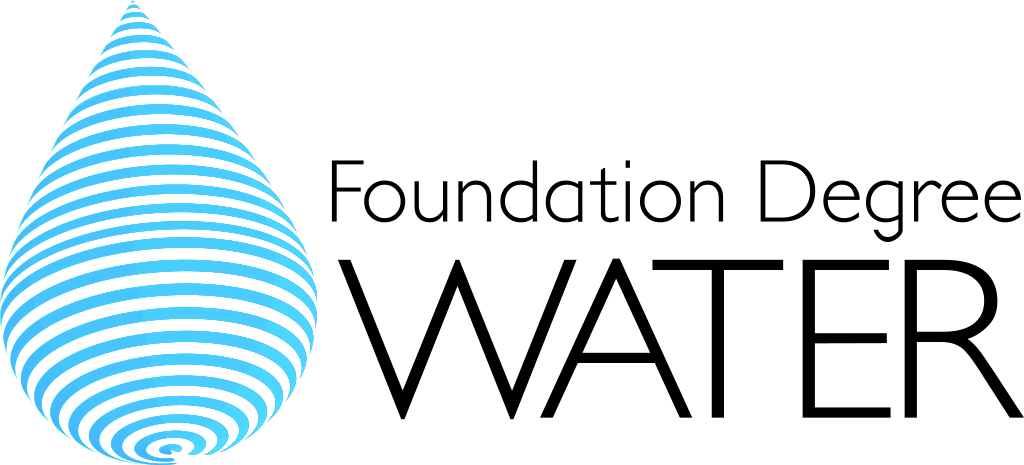We live in unprecedented times!
This statement punctuates nearly every news broadcast and Government briefing we hear these days. What does this mean to the water industry? At present most water companies have a significant proportion of their workforce working, at least in part, from home. However, the work of operations and maintenance of these asset intense businesses cannot be limited to homeworking only.
Over the last 30 years there has been an increasing reliance by water companies on the use of SCADA to provide supervision and process control of both water and wastewater assets. With a smaller workforce the acquisition of data is essential to ensure that there is compliance with regulations. With the current medical crisis, the workforce is also under pressure with some workers sick, self-isolating and otherwise unable to work the need for effective SCADA is essential.
The Covid19 pandemic has coincided with the start of a new AMP cycle for the water companies, which has imposed tighter targets to reduce leakage, sewer flooding and supply interruptions. These targets are also put in the context of providing customers with a better service, taking better care of the environment and all at a lower price.
Ofwat believe that “Greater efficiency and productivity, together with the fall in financing costs, are what will deliver this new era of service, innovation and environmental improvement.”
This pandemic has demonstrated that reality is more fundamental, it is about a dedicated, flexible, and resilient workforce. This workforce is focused on getting the job done under conditions that have sometimes been dangerous and certainly stressful. These employees know that the service they provide is essential to the well being of their customers and the environment in which we all live.
Certainly, the future will be driven by new technologies, innovation and greater effectiveness in the use of data, finding new and better ways to do routine things. However, it is also predicated on having a skilled, well educated, and motivated workforce who have the necessary training and competence to undertake increasingly complex tasks at every level within the business.
The water industry is a “broad church” with a fascinating range of occupations from accountants through to process technicians, some directly employed, some working for partners, contractors, and suppliers of every hue. The challenge for the “post Coronavirus” world is to link all the elements of the workforce together; the world will not look the same after the dust of the pandemic has settled.
We are entering a “Zoom” generation where communications will be different, travel will be limited, meetings focused of positive outcomes and planning is streamlined to achieve common objectives. Training and development will be fundamental to support this workforce and to ensure they have the competence; confidence and the skill sets to play their part in achieving these goals. Upskilling and the widening skills scope will be supported by innovative training programmes delivered in diverse ways capable of dealing with challenges facing the water companies.
The Level 5 Award in Management of Risk and Resilience in the Water & Environmental Industries is one such programme and will support developing a workforce capable of meeting the post coronavirus challenges.


